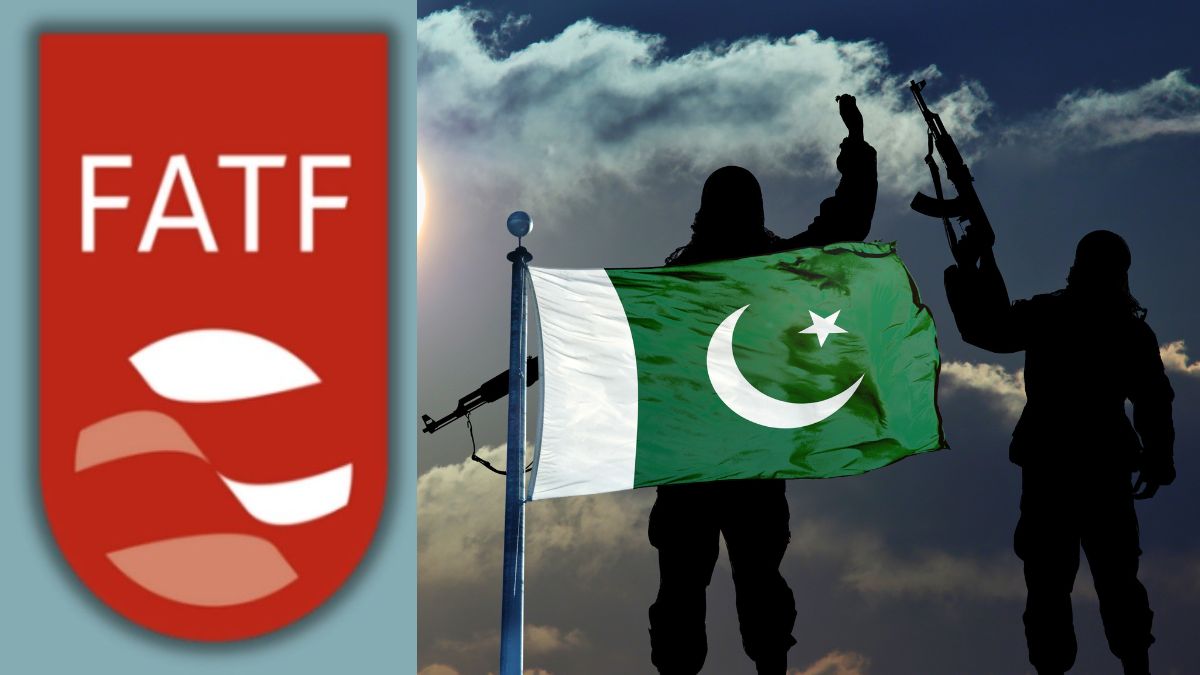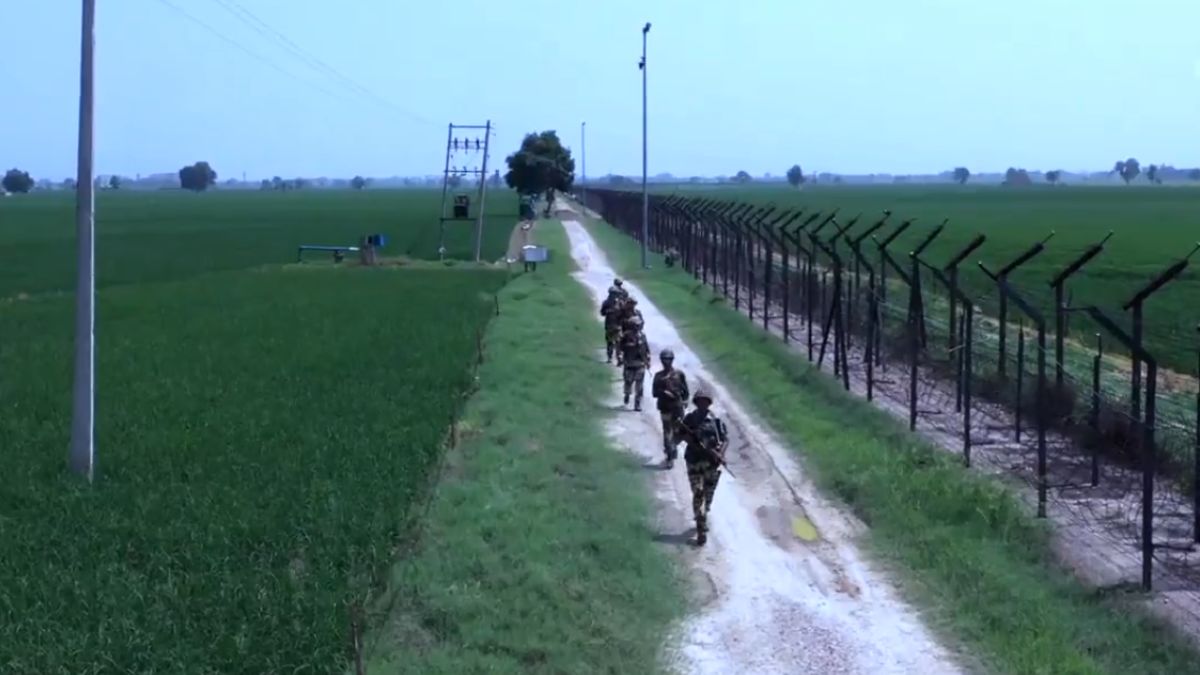FATF Warns Pakistan, 3 Years After Its Removal From Greylist: Exit Not Bulletproof

Since 2022, Pakistan has been under follow-up to ensure implementation anti-terror financing measures. Image courtesy: RNA
The Financial Action Task Force (FATF), an international body that monitors terror financing and money laundering, has cautioned Pakistan to not become complacent after being taken off its ‘greylist’ in October 2022. The FATF ‘greylist’ monitors countries with weaknesses in their financial systems that criminals can exploit.
FATF President Elisa de Anda Madrazo, speaking in France after a recent meeting, highlighted that no country is entirely protected against the threat of money launderers and terrorist organisations. She called on all governments, including those previously greylisted, to continue efforts against financial crime.
“Any country that has been on the greylist is not bulletproof against the actions of criminals — be they money launderers or terrorists. So we invite all jurisdictions, including those that have been delisted, to continue their good work to prevent and deter such crimes,” Madrazo said.
Pakistan our of FATF greylist: What does it mean for the country?
The removal from the grey list means Pakistan is no longer under FATF’s direct scrutiny, but the country remains under observation by the Asia Pacific Group (APG), which checks if Pakistan is putting its anti-terror funding laws into practice. The FATF president explained that delisting should not be seen as the end of oversight.
With this, the international body has urged nations to keep closing the gaps that criminals use for illegal money flows.
New methods of terror funding have emerged. According to recent FATF findings, groups in Pakistan, such as Jaish-e-Mohammad, are now using digital wallets and hidden financial transfers to sponsor training camps for militants. The FATF’s latest report on terror funding points to these developing risks.
India’s own National Risk Assessment for 2022 identified Pakistan as a potential source of high-risk terror financing, particularly through channels linked to some government-backed bodies. The report received significant input from Indian authorities and highlighted persistent dangers from regionally organised groups and state-backed funding for proliferation.
What new methods has FATF adopted?
The FATF emphasised its ongoing mission to cut off the resources’ terrorists and criminals use. The Paris gathering saw the agreement of updated evaluation methods that now focus more on real-world results. Belgium and Malaysia became the first countries assessed using these new standards.
Several countries – Burkina Faso, Mozambique, Nigeria, and South Africa – have successfully completed their FATF action plans and were removed from the grey list at the same event.
How are terror groups budging FATF’s eyes?
The use of technology to fund terrorist acts is increasing. The FATF pointed out that explosives for attacks in India, including those in Pulwama (in February 2019) and at the Gorakhnath temple (in April 2022), were purchased online. Terror groups are using social networks, encrypted messaging applications, and crowdfunding platforms to gather money and other support, enabling them to pay for materials, training, and logistics.
For example, the 2019 Pulwama attack in India involved the electronic purchase of explosive parts within the country. Investigators believe that the April 22, 2025 Pahalgam attack also relied on covert transfers of money between terrorists and their backers.
More than 200 jurisdictions took part in the latest FATF meeting in Paris. The session, presided over by President Madrazo, approved the first reviews under the new, more practical assessment process and marked the progress of countries that have tightened their financial systems following action plans.
Worth mentioning here is that the global watchdog has made it clear that being removed from the grey list is not a guarantee of protection. All nations must keep updating and enforcing their financial rules to prevent criminals from taking advantage. This message particularly applies to countries like Pakistan.







